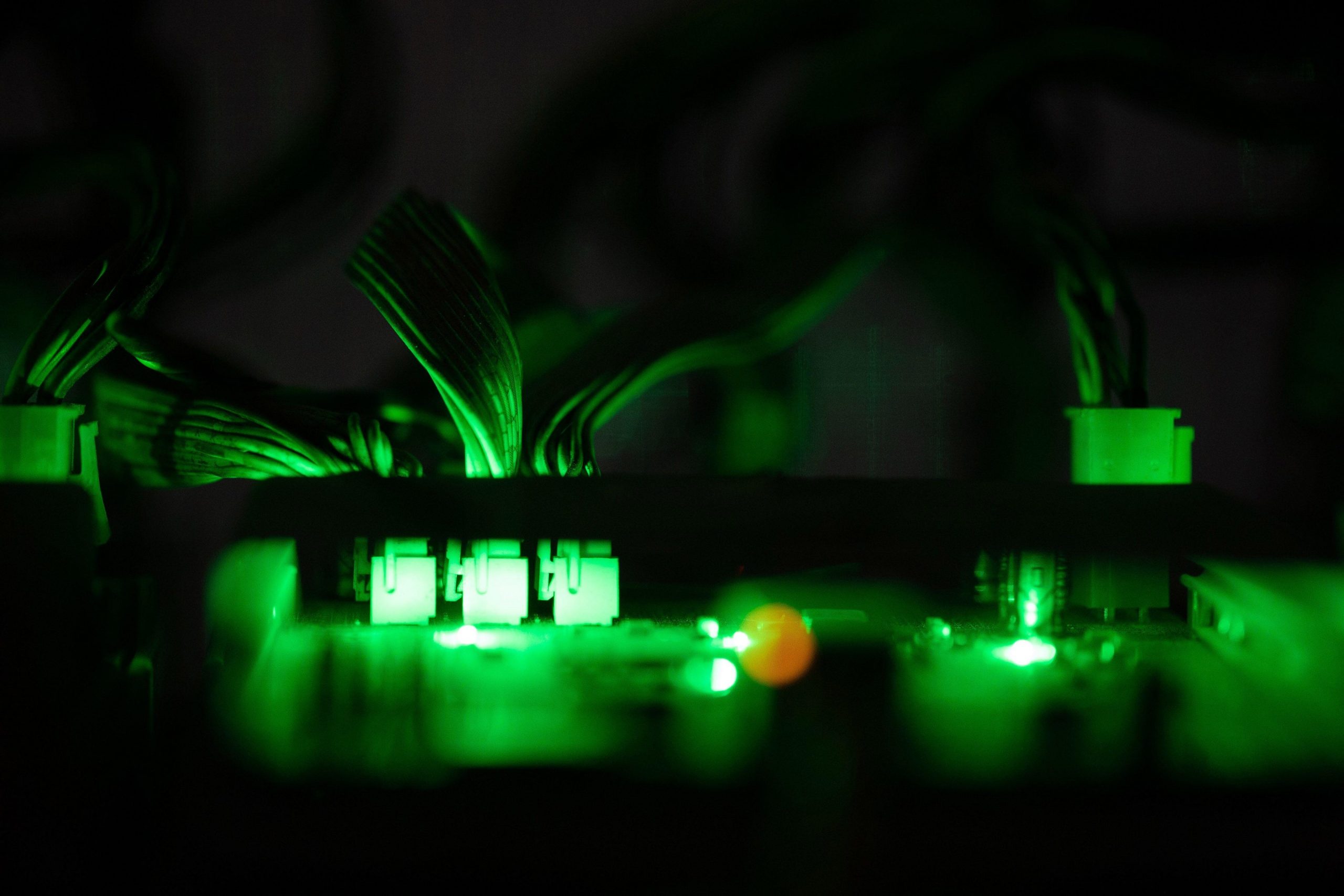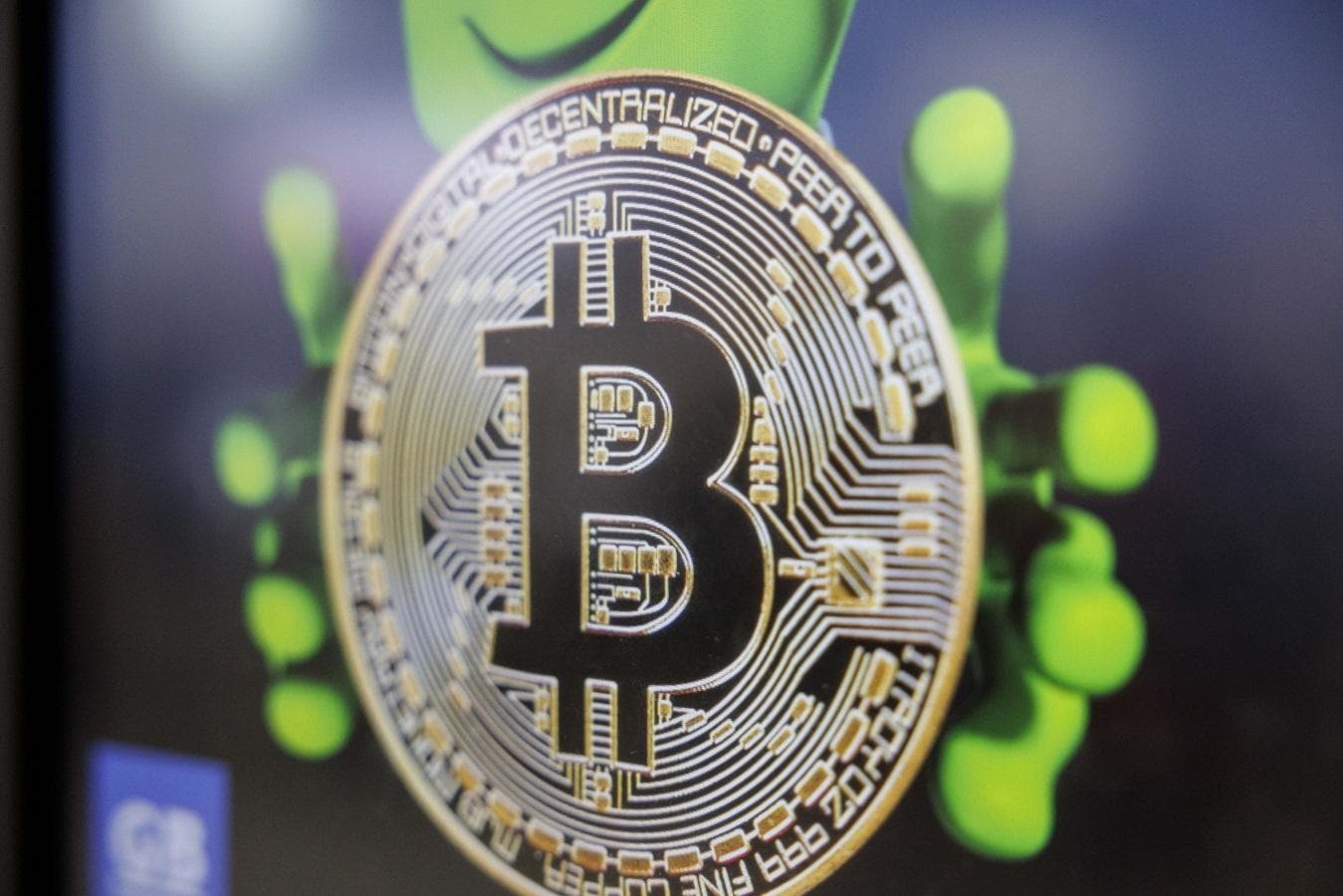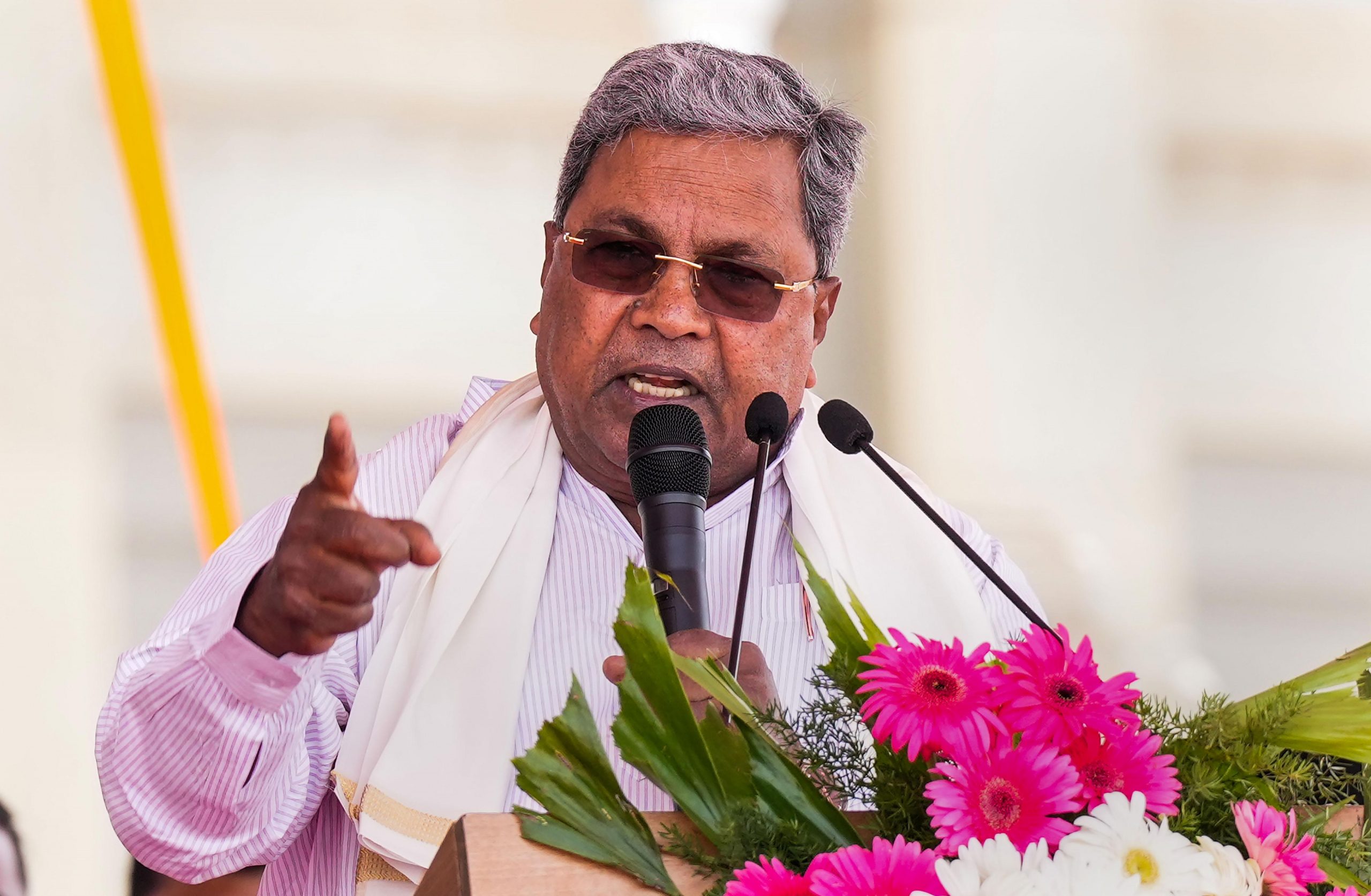A tax that pulverized digital-asset trading in India has proved counterproductive and ought to be lowered, according to CoinDCX, a domestic exchange that was valued at over $2 billion before the levy was imposed.
The nation applied the 1% TDS tax on crypto transactions 16 months ago, saying the goal was to track buying and selling rather than raise revenue. But the levy drove 95% of Indian trading volumes to overseas platforms that are difficult for local officials to monitor, CoinDCX Chief Executive Officer Sumit Gupta said.
“The whole purpose of the TDS was to track and trace transactions but that is getting defeated,” Gupta said in an interview, adding that he expects the government to lower the tax in time as it grasps the problem.
The levy led market makers to exit Indian exchanges due to higher costs, sapping liquidity and deterring trading. Local platforms remain in limbo even as a Bitcoin rebound from 2022’s crypto rout aids volumes elsewhere in the world.
Awaiting Change
India has called for a globally coordinated approach to crypto rules with the help of multilateral institutions. Gupta said he anticipates more regulatory clarity by the end of 2025, following the nation’s general election in 2024.
India’s Finance Ministry spokesperson didn’t respond to emails and text messages seeking comment on the country’s crypto tax policy.
CoinDCX in April last year unveiled a $135 million funding round led by Pantera Capital and Steadview Capital Management LLC that valued the firm at $2.15 billion. India put the 1% TDS in place from July 2022.
Revenues at CoinDCX are one-third of the levels that prevailed prior to the tax change, Gupta said, adding compliance expenses have gone up after India applied anti-money laundering legislation to the crypto industry.
The company reduced staff by 12% earlier in 2023 and now has around 550 employees. Operating revenue and cash in the bank give CoinDCX a five-year “runway,” Gupta said.
Global Flux
Jurisdictions such as Hong Kong, Dubai and the European Union have pulled ahead of India by rolling out crypto frameworks to protect investors and provide clarity for digital-asset companies, some of which are looking to expand outside the US after regulators cracked down there.
While activity on Indian exchanges like CoinDCX has wilted, data from Chainalysis suggests the nation continues to adopt crypto via other means, such as offshore trading or blockchain-based financial services like lending. India received crypto valued at about $250 billion in the year through June, second only to the US figure of more than $1 trillion, according to Chainalysis.

CoinDCX, like other Indian digital-asset exchanges, is seeking to diversify revenue streams by looking abroad or expanding into different projects.
The company recently led a funding round in BitOasis, a crypto platform focused on countries such as the United Arab Emirates, Saudi Arabia, Bahrain and Kuwait. CoinDCX is also building a crypto wallet called Okto that allows coin holders to delve deeper into decentralized finance.
“Okto is a growth area we are investing in as we want to see how we can bring web3 to life,” Gupta said. The term “web3” refers to a vision of a decentralized internet built around blockchains.
Note:- (Not all news on the site expresses the point of view of the site, but we transmit this news automatically and translate it through programmatic technology on the site and not from a human editor. The content is auto-generated from a syndicated feed.))



